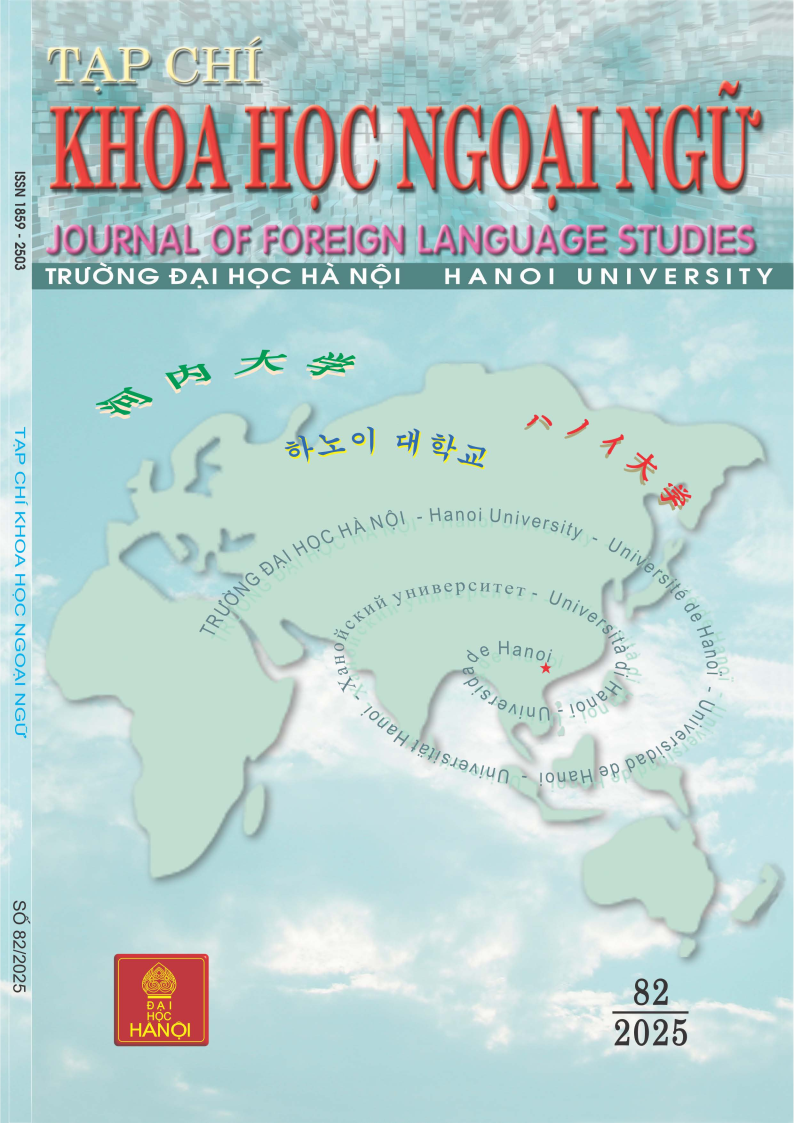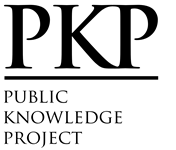NATIONAL CULTURAL SPECIFICITIES OF THE LEXEME "LAUGHTER" IN RUSSIAN
DOI:
https://doi.org/10.56844/tckhnn.82.912Keywords:
laughter, humor, distinctiveness, national characterAbstract
This article explores the concept of laughter as a uniquely human and social mental activity, shedding light on its mythologized role within the Russian national character. Drawing upon key theories of humor in Russian literary culture, especially through the works of V. Ya. Propp, M. M. Bakhtin, Y. Borev, and L. V. Karasev, it offers a lexical-semantic analysis of vocabulary related to laughter (such as humor, wit, joking, ridicule, irony, and satire). This article also emphasizes the pedagogical value of laughter in promoting intercultural understanding in Russian as a Foreign Language (RFL) classrooms. Furthermore, it systematizes a series of Old Russian synonyms for 'laugh' from Old Russian (e.g., malicious mockery, scolding), while identifying modern wordformation patterns in the laughter-related lexicon. The exceptional nature of laughter is vividly illustrated in Russian proverbs, folk sayings, and literary aphorisms.






